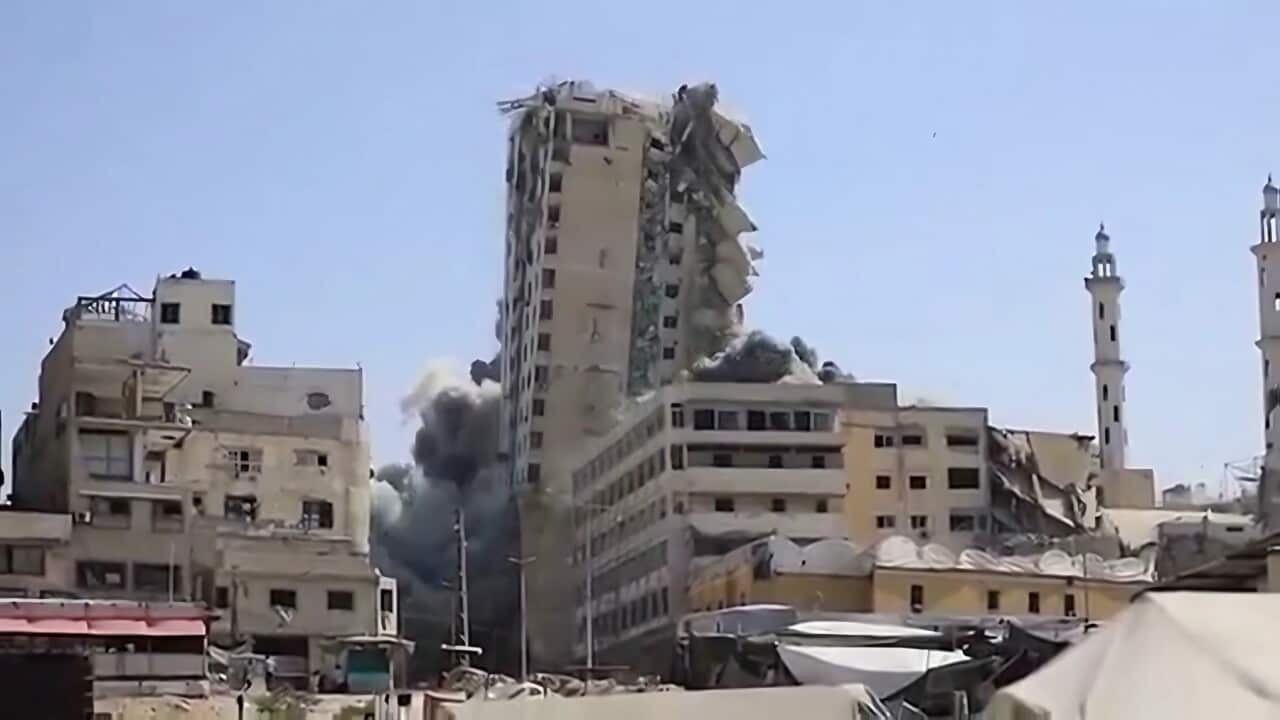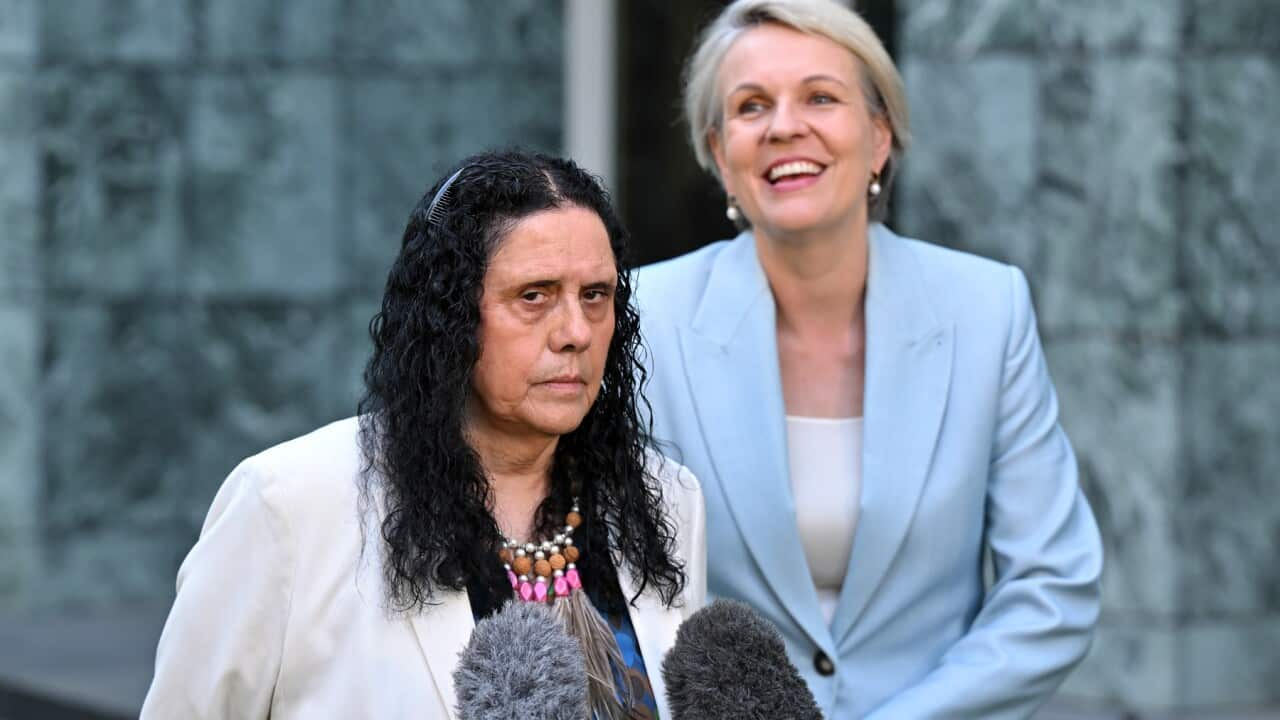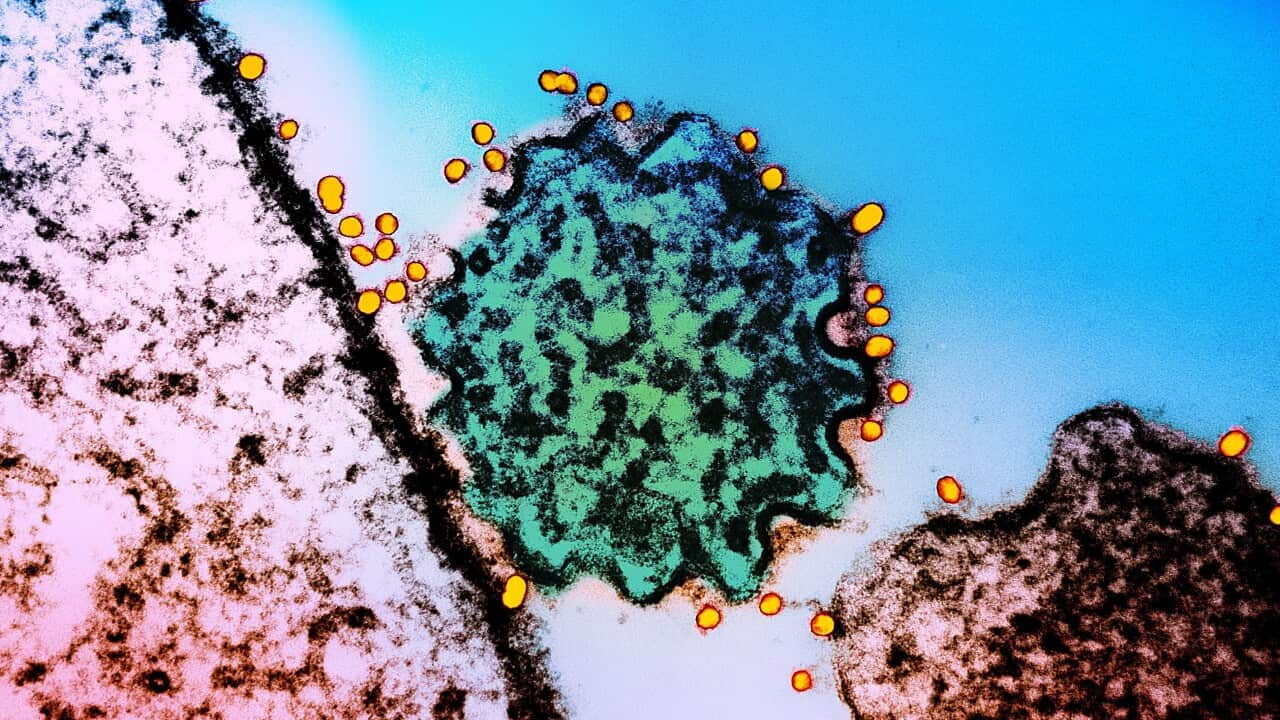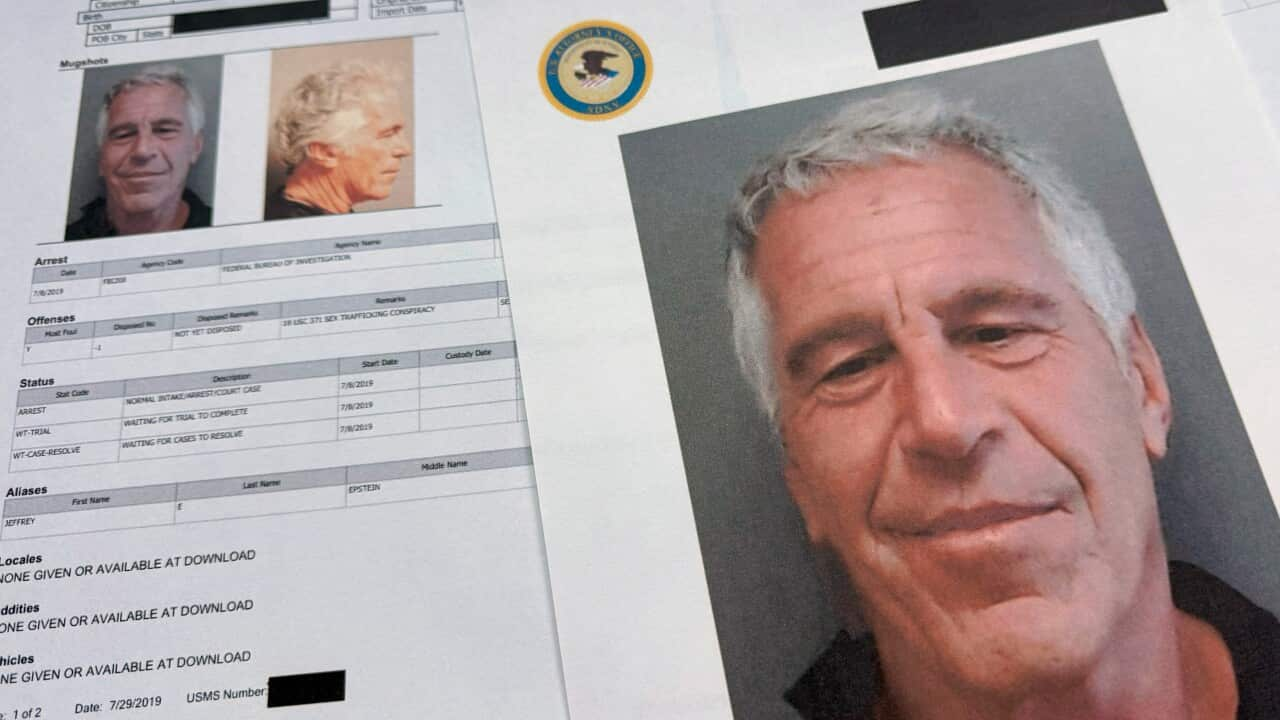Listen to Australian and world news, and follow trending topics with SBS News Podcasts.
TRANSCRIPT
United States President Donald Trump has again taken to his Truth Social platform to declare what he called a real chance for greatness in the Middle East.
He wrote: 'All are on board for something special, first time ever. We will get it done'.
It's the clearest sign yet that the White House is preparing to unveil its long-discussed peace plan for Gaza.
On Fox News Sunday, Vice President JD Vance struck an optimistic but cautious tone.
“These things can get derailed at the very last minute. So while I remain very hopeful, I am cautiously hopeful. I’m going to let the diplomats continue to work on this. But our principle here is very simple. We want all the hostages to come home. We want Hamas to no longer be a terror threat.”
Israeli Prime Minister Benjamin Netanyahu also suggested talks were progressing, though he voiced doubts about Palestinian intentions.
“We’re working on it. It’s not been finalised yet, but we’re working with President Trump’s team, actually as we speak. And I hope we can make it a go because we want to free our hostages. We want to get rid of Hamas rule and have them disarmed, Gaza demilitarised, and a new future set up for Gazans and Israelis alike and for the whole region.”
Arab officials briefed on the draft say the 21-point plan includes an immediate ceasefire, the release of all hostages within 48 hours, and a phased Israeli withdrawal from Gaza. They spoke anonymously as the plan has not been made public.
Mr Netanyahu insists Israel will keep fighting until Hamas is dismantled, though he has hinted its leaders could be allowed to leave Gaza under a deal.
While leaders discuss peace, the reality in Gaza is dire.
Health officials report more than 66,000 dead and 168,000 injured since the conflict began nearly two years ago, after Hamas’s October 2023 attack on Israel.
In the past day alone, 79 Palestinians were killed and 379 wounded in Israeli strikes, many in Gaza City.
Civil defence teams say whole neighbourhoods have been destroyed.
Families now live in tents, hospitals are overwhelmed, and patients are treated in corridors.
The violence has also spread to the West Bank.
Israeli forces say a man rammed pedestrians at a junction in the north on Sunday, leaving one Israeli critically injured. The attacker was shot dead at the scene.
In Israel itself, public anger at the government is mounting.
Thousands marched in Tel Aviv and Jerusalem at the weekend, demanding an end to the war and the return of hostages. Demonstrators also headed for the Prime Minister’s residence, though Mr Netanyahu was in New York.
One protester, Mike, explained:
“Families of the hostages are begging for a deal and also the whole world is tired of the war. Also Israelis are tired of the war. So people want to see this end. And I think the only way to end it is a deal. That will guarantee security, that will guarantee a better future for everyone. And that especially will bring our hostages home.”
Another, Sarah, condemned Mr Netanyahu’s UN speech.
“Our prime minister’s speech at the UN, when he spoke, many of the people and the delegates there left the room rightfully so. Netanyahu is unwilling to end the war. He continues the war so that he can continue guarding his precious coalition. He does it for a political reason. This signifies the extreme isolation that Netanyahu is bringing Israel into. We are isolated and I should say that he does it against the wishes of the majority of the people of Israel.”
The protests come as more than 150 UN member states, including Britain, France, Canada, Portugal and Australia, have recognised Palestine, a move Mr Netanyahu denounced as rewarding terror.
That recognition was reinforced in Liverpool, where Australian Prime Minister Anthony Albanese addressed the UK Labour Party conference alongside Sir Keir Starmer.
Introducing him, Sir Keir said:
“I am delighted to introduce to the stage a true friend of Britain, my friend, the Prime Minister of Australia.”
Mr Albanese, watched by fiancée Jodie Haydon and former Prime Minister Julia Gillard, used his speech to underline Canberra’s stance on the conflict.
“I was always grateful for the chance to share ideas and compare notes. In government, I value the opportunities we have to work together and get results. ... working together to break the cycle of violence in the Middle East and build something better, by recognising the State of Palestine as a step towards the two-state solution. We want to see, and we understand that it’s so essential for Israelis and Palestinians to be able to live in lasting and secure peace.”













